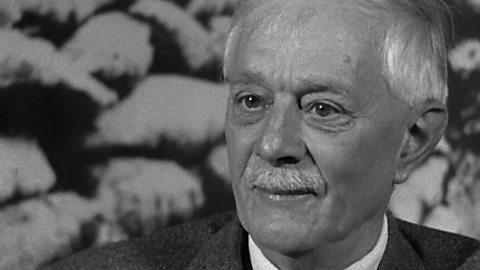Video summary
Mabel Lethbridge was one of the large number of women who put their lives at risk working in munitions factories back home.
She lost a leg in an explosion in explosion.
As well as the risk of TNT poisoning, working with lethal materials inevitably resulted in fatalities amongst the workforce and the ever-present fear of explosion.
This is from the series: I Was There: The Great War Interviews.
Teacher viewing recommended prior to use in class.
Teacher Notes
Students watch this as an introduction to an investigation into the ways in which WW1 was a βtotal warβ.
They have to use the information presented to explain what could be meant by the term βtotal warβ, and list the ways in which WW1 could be seen to be a βtotal warβ.
This is from the series: I Was There: The Great War Interviews.
Teacher viewing recommended prior to use in class.
This clip will be relevant for teaching History at KS3, KS4/GCSE, in England and Wales and Northern Ireland.
Also at Third Level, Fourth Level, National 4 and National 5 in Scotland.
This topic appears in OCR, Edexcel, AQA, WJEC, CCEA GCSE and SQA.
Life as an officer during WW1. video
Charles talks about coping with looming shellshock and aspects of an officer's life.
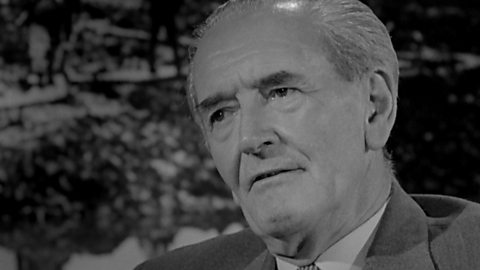
One woman's loss. video
Katie describes what the war was like from a young womanβs perspective in Manchester.
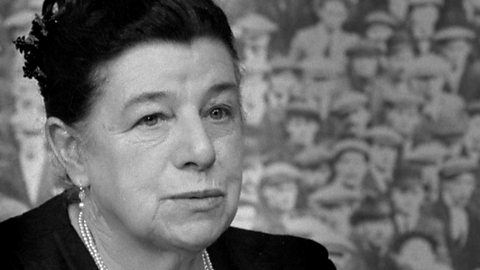
Recruiting soldiers in WW1. video
The different pressures which were applied to persuade young men to join up to fight.
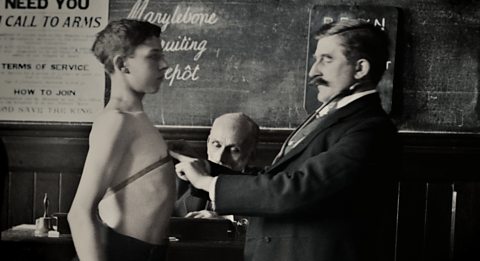
Respite. video
How men could relax and forget about life on the front line when behind the lines and get some respite from the war.
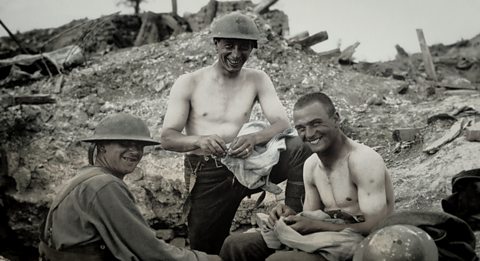
How did shell shock affect soldiers? video
Soldiers from both sides describe their experience of shell fire and the physical and psychological effects it had on them and their colleagues.
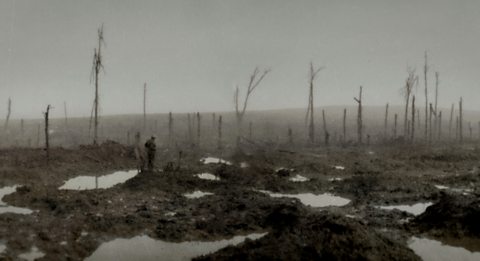
The Christmas truce, 1914. video
Henry describes his reaction to being called up and his experiences in the trenches.
